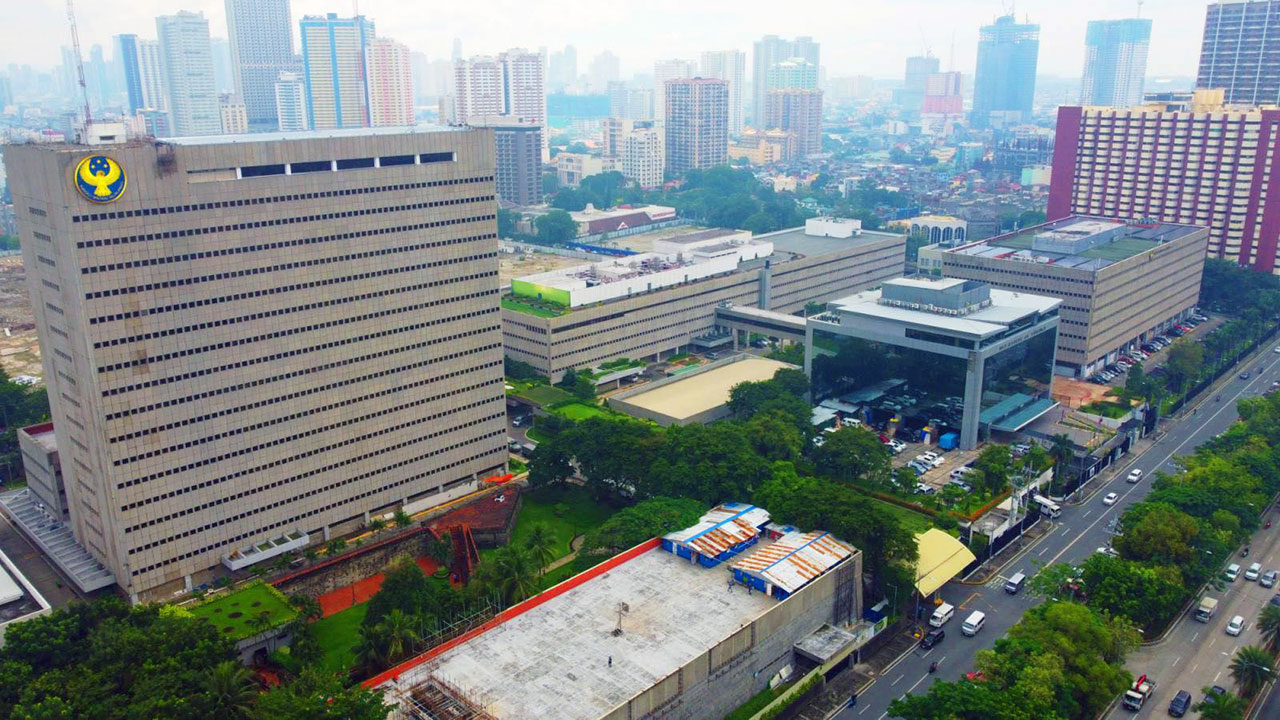BSP drafts rules to implement credit quota for innovation

THE BANGKO SENTRAL ng Pilipinas (BSP) has released draft implementing rules for a law mandating that banks allocate 4% of their loanable funds for innovation development, identifying qualified borrowers as well as several modes of compliance.
“The Bangko Sentral recognizes that innovation plays a vital role in driving inclusive development and promoting the growth and national competitiveness of micro, small, and medium enterprises (MSMEs),” the central bank said in a draft circular outlining the implementing rules for the mandatory credit allocation for innovation development provided for under Republic Act (RA) No. 11293 or the Philippine Innovation Act, which was signed in 2019.
“Innovation encourages creative thinking, which, in turn, increases productivity and economic output. The banking system plays a crucial role in providing the credit necessary to support the development of new technologies and other innovation-related activities,” it said.
Under the Philippine Innovation Act, all public and private banks are required to set aside at least 4% of their total loanable funds for innovation development credit.
This credit quota will be reviewed by the National Innovation Council (NIC) and the BSP three years after the effectivity of the implementing rules to determine if the law has been effective in accomplishing its goals.
Based on the BSP’s draft rules, borrowers eligible for innovation development credit include “MSMEs, startups, innovation centers, business incubators and other entities that facilitate and support the development of new technologies, product innovation, process innovation, organizational innovation, and marketing innovation.”
“In extending innovation development credit, banks shall observe the credit risk management guidelines, including the assessment of creditworthiness and repayment capacity of borrowers, as provided under BSP regulations,” the central bank said.
The BSP identified the modes of compliance with the mandatory credit requirement, namely direct and alternative compliance.
Direct compliance “shall consist of loans granted to qualified borrowers after Aug. 6, 2019 for innovation development. This shall also include the purchase of said eligible loans on a “without recourse” basis from other banks and financial institutions (FIs) after Aug. 6, 2019,” it said.
Meanwhile, the allowable alternative compliance include investments in bonds issued by the Development Bank of the Philippines and Land Bank of the Philippines with proceeds used exclusively for on-lending for innovation development, as well as in debt securities with proceeds going to innovation development, and loans to or investments in financial entities, excluding banks, that provide supply chain financing for MSMEs that promote innovation.
Loans to or investments in projects or companies providing technology-based solutions to MSMEs for promoting e-commerce, investments in crowdfunding platforms for MSME financing, sustainable finance instruments used to finance eligible green or sustainable projects that contribute to innovation development, and investments in the equities of startups can also be counted as compliance with the credit quota, among others.
“Innovation development loans that were granted for the benefit of agricultural sector workers and businesses and meet the qualification requirements of the agriculture, fisheries and rural development financing requirement shall be considered as compliance with the same,” the BSP added.
It said compliance with the mandated credit shall be allowed on a group-wide basis so that excess compliance of any lender in the group can be used as compliance for any deficient bank if the subsidiary is at least directly or indirectly majority owned by the parent.
The draft rules also detail penalties for noncompliance or under compliance with the credit quota.
These penalties shall be computed at one half of 1% (0.5%) of the amount of noncompliance or under compliance and will be directed towards innovation development.
It added that 90% of the total penalties collected will be remitted by the BSP to the Innovation Fund, which is administered by the NIC. The remaining 10% will be kept by the central bank to cover administrative expenses. — Luisa Maria Jacinta C. Jocson



